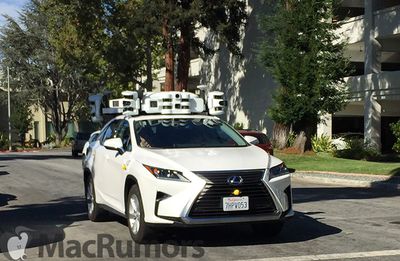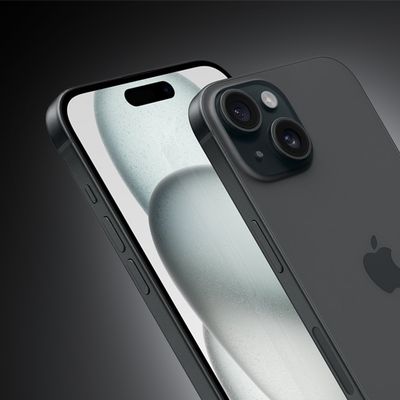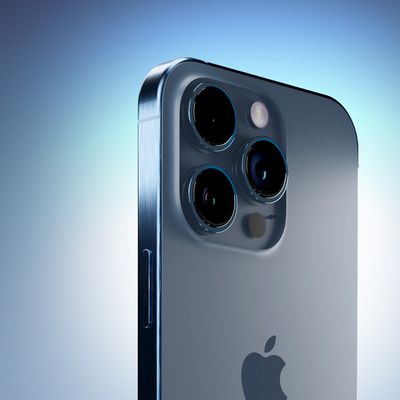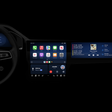Apple has signed a deal with Volkswagen to use Volkswagen vans as self-driving shuttles designed to transport employees around its various campuses and office buildings in the San Francisco Bay Area, reports The New York Times.
Apple has been working on developing the shuttle program, called "PAIL" or Palo Alto to Infinite Loop, since last summer. At the time news of Apple's work on the program first surfaced, the company was said to be planning to install its own self-driving software in a commercial vehicle from an automaker, which has turned out to be Volkswagen.

Under the terms of the deal, T6 Transporter vans from Volkswagen will be turned into self-driving shuttles for employees.
Apple's self-driving shuttle program is said to be behind schedule and "consuming nearly all of the Apple car team's attention," hinting at ongoing problems on its car-related project, which has already been scaled back.
Apple originally had grander plans for autonomous vehicles and over the course of the past several years, attempted to ink deals with companies like BMW and Mercedes-Benz, which would have led to the development of an all-electric autonomous vehicle.
According to today's report, no deal was able to be established because Apple was asking potential partner companies to "hand over control" of data and design, something no car manufacturer was prepared to do.
When its grandiose self-driving vehicle plans fell through, Apple shifted focus to autonomous driving software under the leadership of Bob Mansfield.
Apple is now working on its shuttle program and has been testing several Lexus SUVs equipped with self-driving hardware and software out on the streets of Cupertino and surrounding areas. Beyond the shuttle plan, Apple is said to have no clear idea of what it's going to do with its autonomous driving project.



















Top Rated Comments
(That goes for all tech companies and all driverless cars as well).
And their cars get better and better.
Not to mention, no one has made a valid argument for what's so great about self-driving cars anyhow. For all the complaining people do about the dangers of humans behind the wheel, I don't see how computers are an improvement. The human brain is still light-years ahead of the most advanced electronic circuits in its ability to comprehend, adjust and integrate the multitude of information received when driving a vehicle (or performing any other complex task). For all its potential shortcomings, I'd trust my life to human judgement than a machine algorithm any day.
So we can't trust humans to drive, but we can trust humans to design algorithms by which computers drive? o_O By your logic, I am better off trusting my life to a few hundred engineers whom I've never met (and who will most likely never face direct responsibility for potential failures of their design) than I am trusting the men and women driving next to me, who have as equal and vested an interest in our mutual safety as I do.
Look, I understand the ideals, and the purported benefits to society are noble goals. Unfortunately, new technology always creates as many problems as it attempts to solve, if not more. Moreover, whether our goals are good or bad, the unerring faith which many of us increasingly put on the shoulders of science and engineering is, in my opinion, very much misplaced.